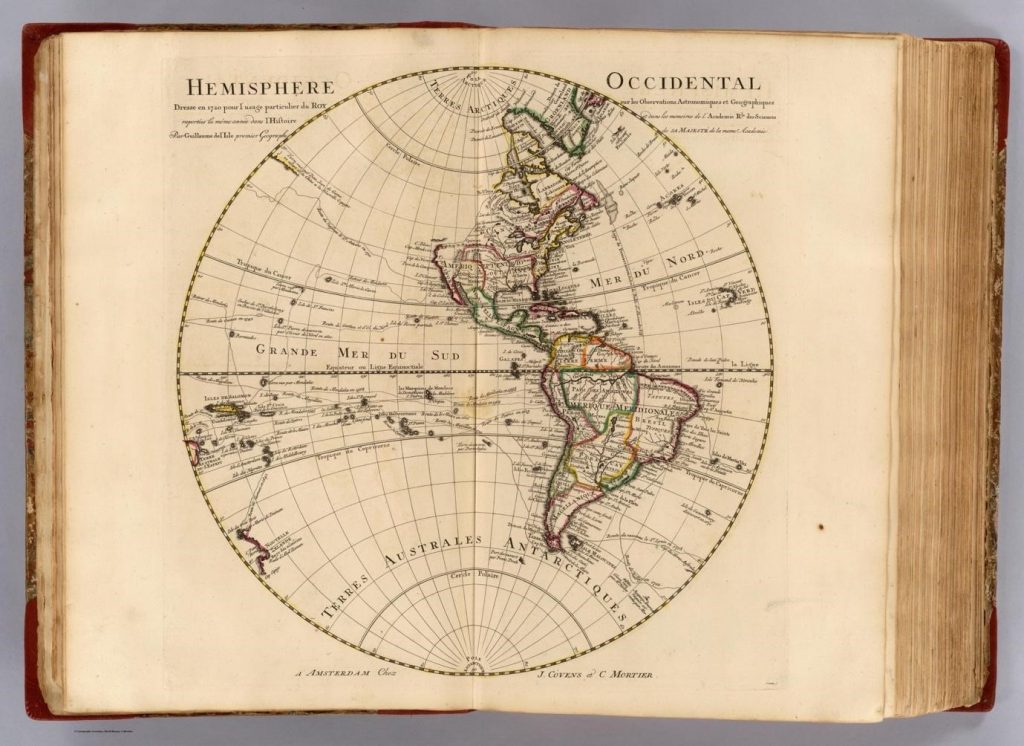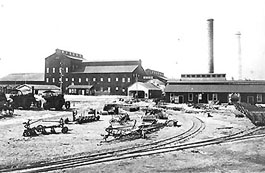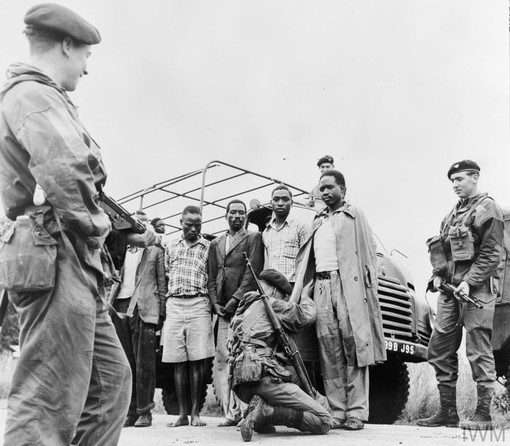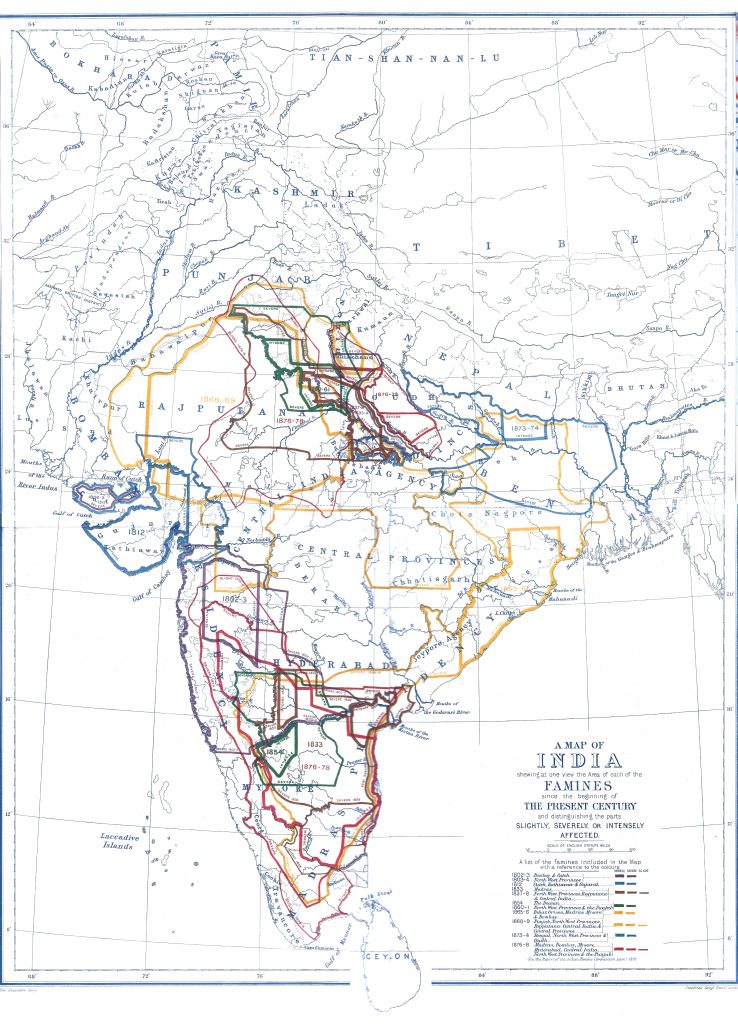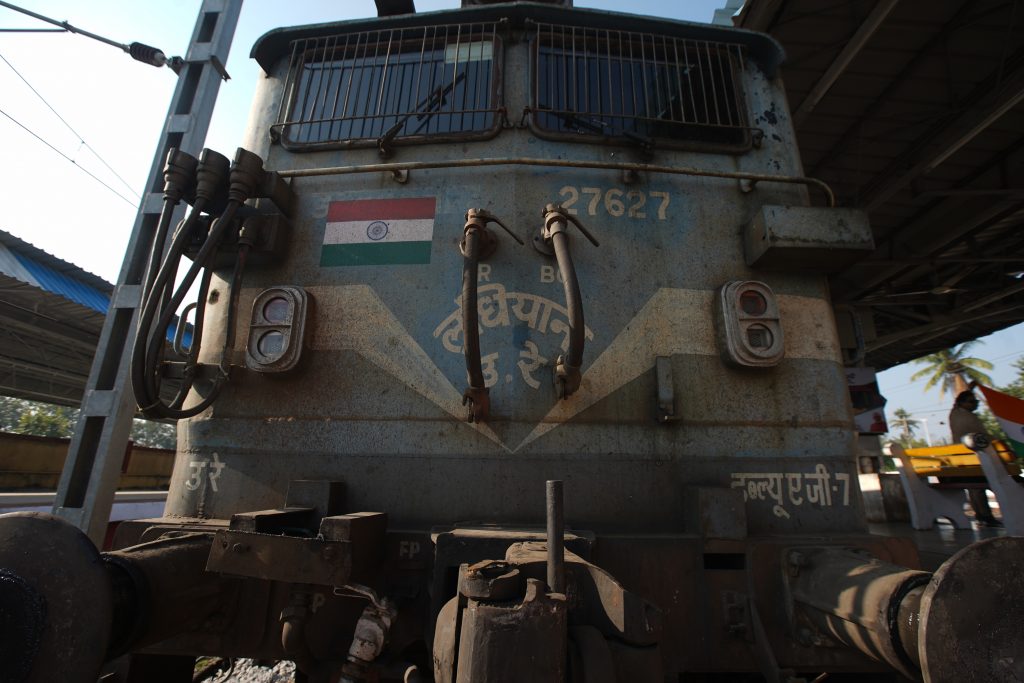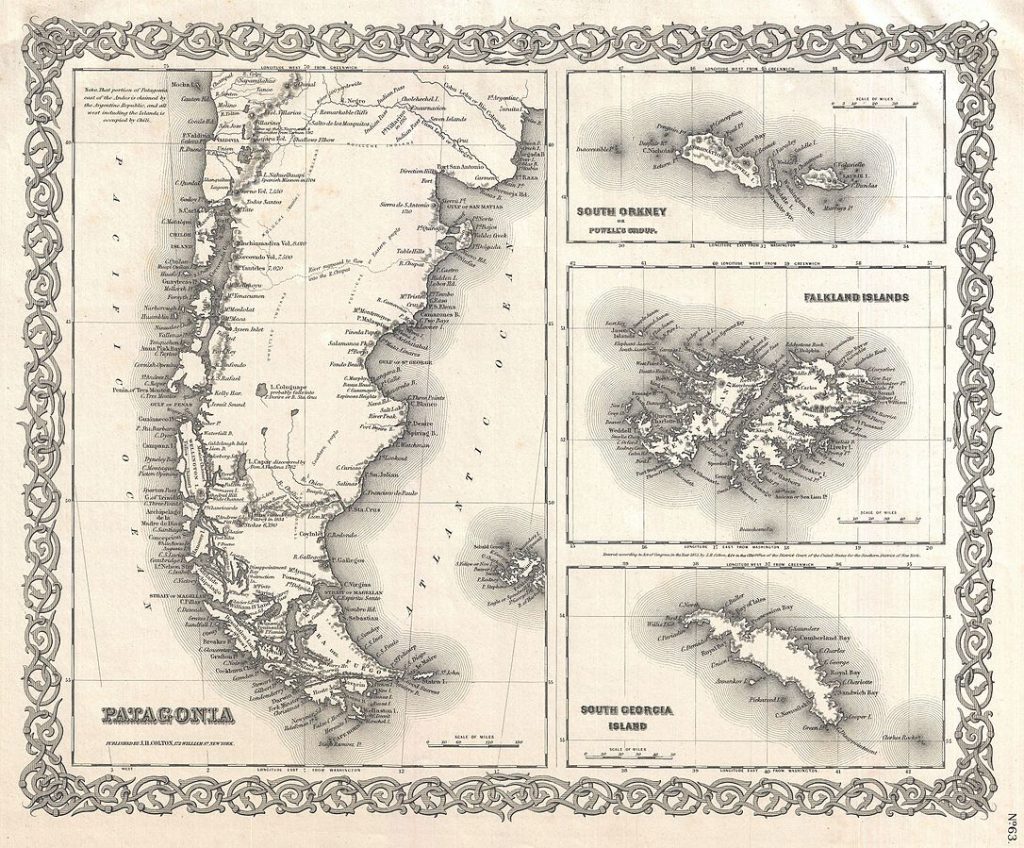By Thomas Wright (tw546@york.ac.uk) During the fight for control of Central Kenya in the early years of the Mau Mau Emergency, authorities used collective punishments as the primary method to impose their dominance over the recalcitrant Kenyan countryside. Yet, in recent years, influenced as much by events in the media and court room as elsewhere, […]
By James Halcrow Kulangsu (Gulangyu) Island was host to Amoy’s (modern day Xiamen, in the Fujian Province, China) foreign resident community during the long nineteenth century. The port city had been forcibly opened to Western trading at the end of the First Opium War in 1842. By 1900, a population of around 280 foreign residents […]
By Jennifer Faith Gray In 1714, Captain George Winter of the Mary transhipped a cargo of 111 enslaved persons who had been purchased in Barbados to York River, Virginia, where enslaved labour was used to facilitate extensive tobacco cultivation. In the same year, Captain Robert Benn of the Charles transhipped a cargo of 177 enslaved […]
By Tom Shillam As Christopher Lee has written, decolonisation in the mid-twentieth century constituted ‘a complex dialectical intersection of competing views and claims over colonial pasts, transitional presents, and inchoate futures’ as much as ‘a linear, diplomatic transfer of power’.[1] This is also an observation which scholars of the transnational cultural and intellectual histories of […]
By Maureen McCord Why did so many South Asians, in the early years of the nineteenth century, choose to become indentured laborers, signing five years of their lives away to work on sugar plantations in Mauritius? Previous work on the earliest years of Indian indentured labor—a labor practice which eventually spread from this small Mascarene […]
By Niels Boender The sudden ubiquitousness of debates about historical memory, driven by important awakenings regarding systematic injustices, have thrust historians to the centre of what is now popularly called ‘the culture wars’. This offers an opportunity for historians to share their findings in ways that palpably impact understandings of global and national histories, as […]
By Emma Wordsworth Food, despite being both a biological necessity and a symbolic cultural touchstone, has only recently been recognised as a major historical force. As historian David Arnold persuasively argued in 1988, “food was, and continues to be, power in a most basic, tangible, and inescapable form”.[1] Certainly, in the early 1870s, the issue […]
By Nandini Bhattacharya. A difficult summer overlain with the tragedies and vicissitudes of a global pandemic has nonetheless provided moments of hope and unbridled joy. The latter related to the Black Lives Matter and Extinction Rebellion protests in Britain. Of the many soul-stirring moments that BLM raised for me this season, the removal at Bristol […]
By Nicolás Gómez Baeza. Between 1888-89, John Hamilton, Henry Jamieson, John McLean and Thomas Saunders, among others, participated in the so-called “big sheep-ride” [“gran arreo”] through southern Patagonia.[1] Who were they? Three were born in Scotland, worked as shepherds in the Falkland Islands, and became landowners and businessmen in southern Patagonia and Tierra del Fuego; […]
By Jordan Buchanan. In 1924, the Member of Parliament for Swansea West, Walter Runciman, claimed that ‘there are more Scotsmen in Argentina than there are in Glasgow, and our trading in Argentina is of the greatest importance.’[1] His address to parliament was directed at soliciting its support for British traders in Argentina as Britain’s dominant […]


